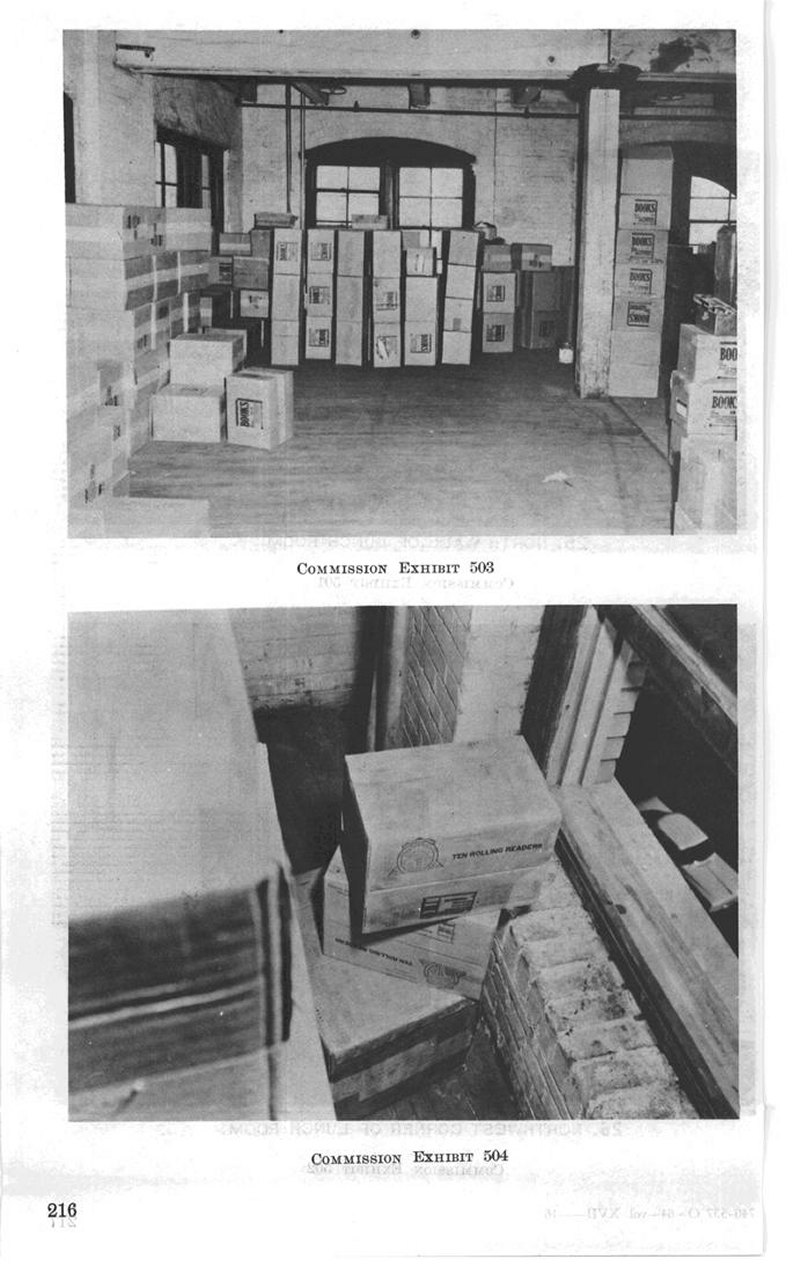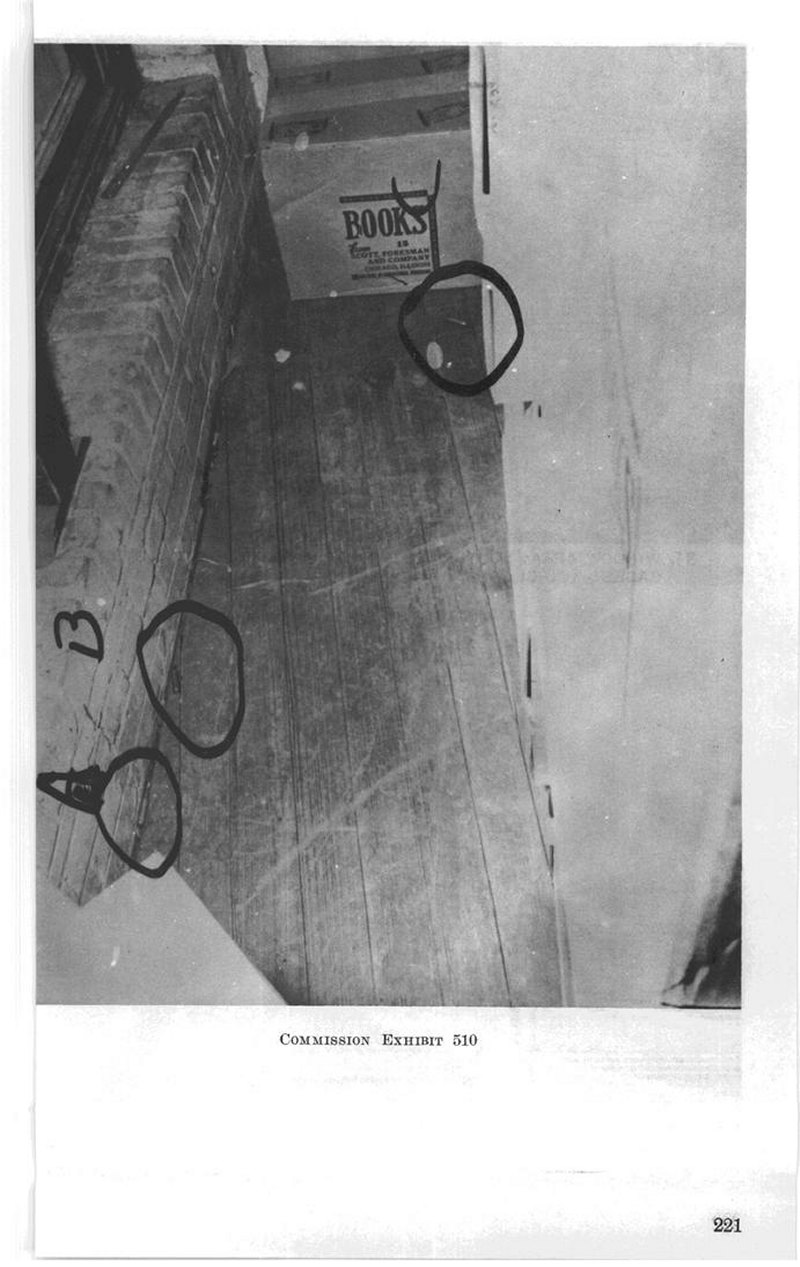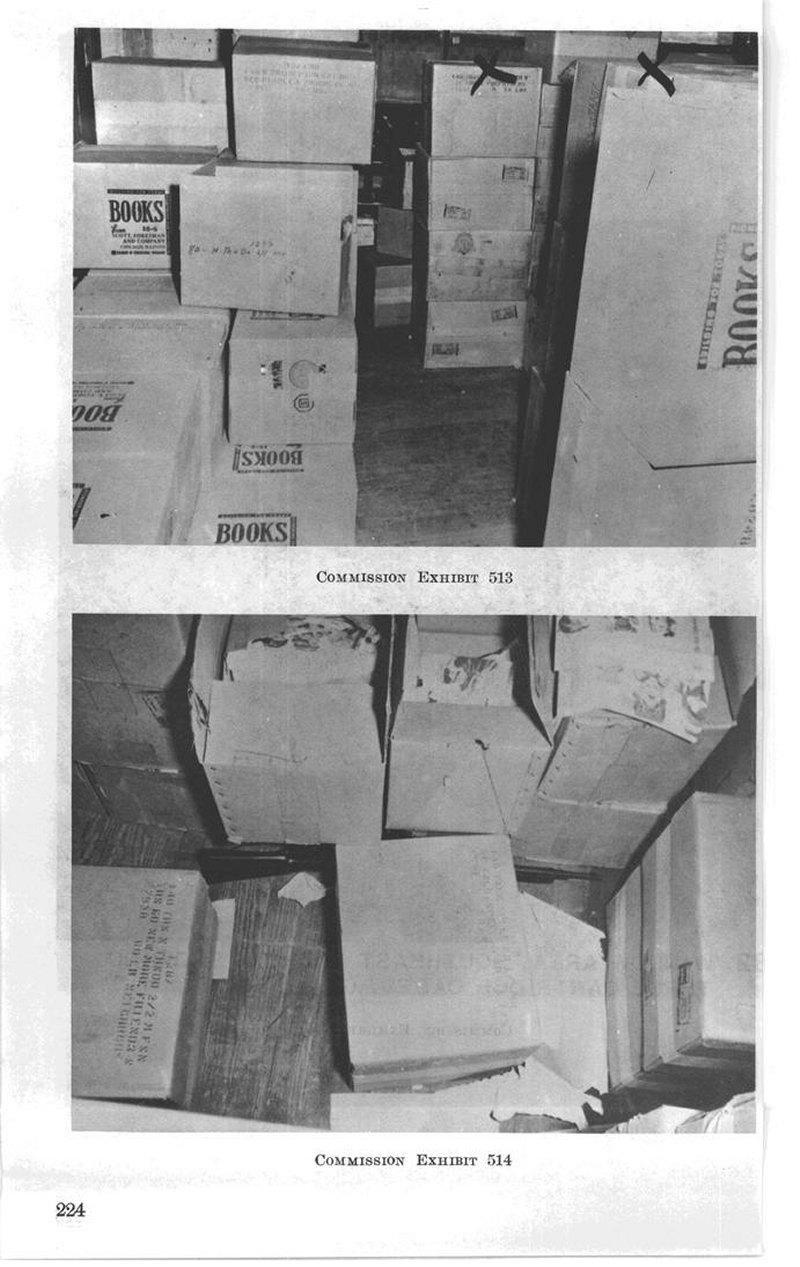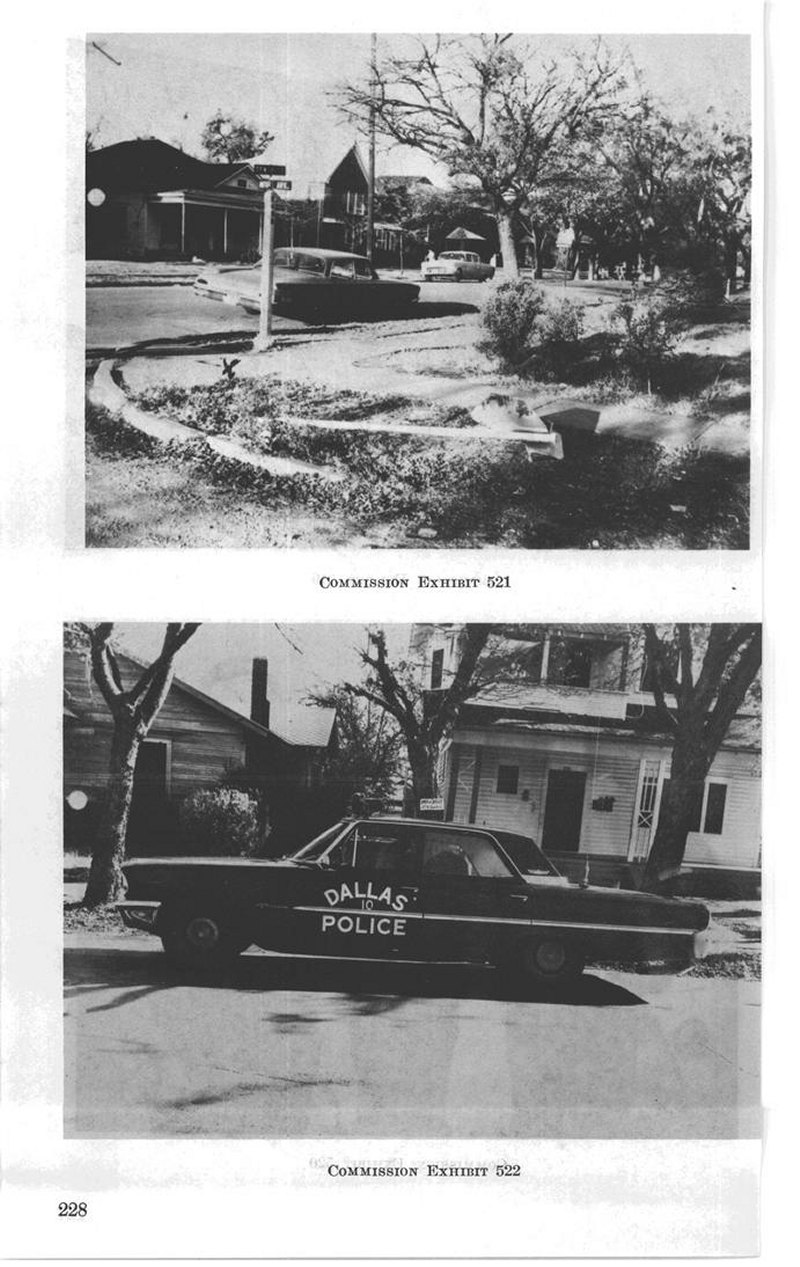![]()
The Charlotte News
Saturday, February 24, 1945
FOUR EDITORIALS
![]()
![]()
Site Ed. Note: The front page reports that the American First and Ninth Armies had plunged forward four miles beyond the Roer River, to Niederseir between Dueren and Juelich, within nineteen miles of Cologne and twelve miles of Muenchen Gladbach, without yet encountering any sign of a German stand, taking 1,400 enemy prisoners and overrunning 17 towns. Bridgeheads had been secured along a 22-mile front, consistent with the German reports of the prior day. In the area of one of the bridgeheads, Dueren, the Americans had achieved control of a fourth of the town. Juelich was being cleared of resistance by the Ninth Army, as units drove two miles beyond the town to within 21 miles of Cologne.
To the north, the Canadian First Army entered Calcar.
The immediate goal of the offensive, said General Eisenhower, was to destroy the entire German Army to the west of the Rhine. He expected, nevertheless, the Germans to continue doggedly the fight, even with small arms, until the Russians and Western Allies would meet in the center of Germany. He assured that the Russians were cooperating fully with the Western Allies in sharing information.
Hitler sent a message to the celebration in Munich marking the 25th anniversary of the formation of the Nazi Party, urging, as he always had, a suicide pact, a fight to the death against the closing Allied forces, in which case, "Providence", he contended, would not let the German nation down. He did not personally appear, but predicted an "historical turning point" in the war during the current year.
And so there would be.
Swedish correspondent Jerge Granberg again provides his inside look at the chaos of late in Berlin, from which he had just departed for Sweden. He tells of Germans no longer much discussing Hitler. Some wondered whether he was still alive or perhaps deaf from the July 20 explosion in the Wolf's Lair during the attempted military coup. Germans were more and more being left to their own individual initiative and were beginning to look to the future.
Some thousand to two thousand Jews or persons of Jewish descent still remained in Berlin. Well-heeled persons were lavishing these individuals with food, clothing, and wine so that they might count on their friendly offices at the point surrender would come. To the same end, those with smaller bank accounts had been reported recently to be providing bread ration coupons to Russian workers.
More than 1,200 American bombers, accompanied by 500 fighters, struck Northwest Germany, hitting rail targets, oil refineries at Hamburg and Misburg, and submarine bases in the vicinity of Hamburg and Bremen. Tactical raids continued along the Western Front, striking enemy positions along the Roer and in the vicinity of Cologne.
The Fifteenth Air Force out of Italy again struck rail targets from Yugoslavia to Vienna.
On the Eastern Front, the First Ukrainian Army engaged the Germans in a large-scale tank battle within the no-man's land of Goerlitz, southeast of Berlin, attacking along the Neisse and Spree River. Moscow suggested that the Russian troops had been able to cross the Neisse and were holding several salients against twelve-mile deep enemy defenses.
To the north, Russian troops moved into the streets of Guben and Forst, against veteran troops and Volkssturm units.
The Russians had cleared the last of the German resistance from long besieged Poznan and Arnswalde, shortening the First White Russian Army's communications lines by 50 miles.
In Italy, American troops of the Fifth Army had secured more ground around Mount Belvedere, taking Mount Torraccia, southwest of Bologna, while to their right, Brazilian troops took out several enemy positions, and, to the southwest, Italian troops captured Rocca Corneta.
On Iwo Jima, the Third and Fourth Division Marines, supported by tanks, launched their most concentrated offensive yet of the campaign which had begun Monday, moving forward from the southwestern tip of Motoyama Airfield No. 2, but were able only to advance inch by inch against hard enemy resistance. It had taken from Tuesday until Friday to cover the 700 yards between the captured Motoyama No. 1, taken on Tuesday, and the edge of Motoyama No. 2.
The virtual clearing of the enemy from Mount Suribachi
In
Americans of the Eleventh Airborne Division and Filipino guerrillas under American command struck in force by parachute to free 2,146 Allied and co-belligerent prisoners of war in the civilian internment camp at Los Banos, 30 miles south of Manila. All 243 guards and the camp commander and his staff were taken by surprise and killed. Of the prisoners, 1,589 were Americans, 329, Britons. Only two were wounded in the liberation. They were said to be in better condition than the internees liberated from Santo Tomas. Two of the rescuing force were killed and two others wounded. The total liberated prisoners on Luzon during February had reached 7,700.
Another island in the Philippines, Biri, had been invaded, between Luzon and Samar, to control the San Benardino straits.
A raid of 150 B-29's again struck Singapore.
The Federal duck stamp, inaugurating duck hunting season, issued by the Post Office, was to have three shoveler ducks in flight on its face. On the back would be the usual sticky-lick 'em glue.
Someday, they will put something in the mucilage to make it taste better.
On the editorial page, "Nomination" discusses the upcoming spring election for a new Mayor and City Council of Charlotte. It was likely that incumbent Mayor Herbert Baxter would run for re-election. He had, says the piece, been a progressive and unifying influence on the community and would be therefore an asset for retention in office.
"A Confusion" discusses two bills before the Legislature, both designed to improve the administration of the State mental hospitals, especially that at Morganton. But the bills were mutually exclusive in some respects and thus there was fear that both might be cast aside. The solution was an amalgamation of the best parts into a unified bill.
"Pure Lobby Act" discusses the legislative voracity of freshman Congressman Joe Ervin, Sam J. Ervin's brother, having proposed three more new bills the previous week. He wanted to continue free mailing privileges for veterans during their stay in veterans' hospitals. He proposed armed forces status for members of the Civil Air Patrol. As well, he had put forth a bill to have former Federal employees barred for two years from prosecuting as attorneys claims against the Federal Government and for life as against their old agency.
The latter bill primarily addressed the concern over Tommy Cochran possibly having sought undue influence from Attorney General Francis Biddle, though the incident was by no means an isolated one.
"Round-About" discusses a proposal by the Mecklenburg delegation to the Legislature to have City and County solicitors elected rather than appointed by the City Council or County Commissioners, as also discussed by Dick Young in his column.
The piece finds the proposal without merit as election would overly politicize the office of solicitor, the chief prosecuting officer.
The excerpt from the Congressional Record finds Senator Kenneth McKellar of Tennessee engaging with Senator Langer of North Dakota regarding the former's debate in favor of increased appropriation to continue the farm census. Senator Langer wished to know what the census included. Senator McKellar did not have the list.
Senator Owen Brewster of Maine asked what the current appropriation was, but Senator McKellar could not provide that either.
He agreed, when prompted, however, that the appropriation was about seven million, set to increase by nearly a hundred percent.
The Senator informed his colleague that the reason for the extraordinary increase was that the census could not obtain workers sufficient to take it without the additional funding.
But he told Senator Brewster also that the census had not doubled the pay of the workers, but rather that it had not obtained all it required in the original allocation.
Senator Brewster concluded that there was not much enthusiasm for the census on the part of Senator McKellar.
Drew Pearson discusses the effort of Mississippi Representative John Rankin to have paid a salary to the four-time draft-deferred flag-waving clerk of the former Dies Committee on Un-American Activities, for a period during which he would otherwise have been in the Army and after the demise of the Dies Committee, between January 2 and January 20. His deferrals had come from influence exerted on the local draft board by former members of the Committee.
Mr. Pearson next reports of the ongoing investigation by U.S. and French officials into the Charles Bank of Monte Carlo, suspected of enabling German and French collaborationists to take funds from liberated France and place them in neutral Monte Carlo, out of the reach of the De Gaulle Government.
An American couple, Fred and Florence Gould, had made deposits of five million francs to the bank after having received a villa worth 1.5 million francs from the Nazis.
Marquis Childs, still in Paris, writes of its being a city, not of light, but darkness, in these days of scant electricity. There was little for sale within the quaint shops, even if the windows still displayed the facade of plentiful stock. Perfume, for instance, had long since been cleaned from the shelves by American servicemen. Black market items were to be had but at ridiculous prices. Second-rate Parisian hats for women were selling at $100 apiece. Butter was $16 per pound. Tires were $125 per wheel.
A meal of horse meat and bad macaroni in a working-class restaurant was priced at two dollars. In the Black Market eateries, patronized by despised foreigners and profiteers, meals ran to $150 for a service of three or four.
But many housewives admitted that they could not feed their families without the Black Market. Infant mortality and deaths of the elderly were on the rise, indicative of near famine conditions. Tuberculosis also was on the rise.
There abounded disenchantment with General De Gaulle in not eliminating fast enough former collaborationists.
The telephone system barely worked, switches having been frozen in unheated office buildings. There was almost no transportation beyond the subway. Horse-drawn cabs provided the most readily accessible surface transportation or, for three or four dollars, a scarce bicyclist might be found to pull the patron about in a side car.
The primary responsibility among the Allies for Paris lay in the hands of the Americans, making it somewhat convenient for the British who could lay the blame on the United States for the many problems in the city.
Dorothy Thompson comments again on the significance of the Yalta Conference, significant not only for what it had accomplished but also for what it had omitted, any mention of disposition of the Balkans, the Near East, or Turkey.
The question now was whether Russia would once and for all obtain access to the Mediterranean, that which it had sought 90 years earlier in the Crimean War with Britain and France. At stake was not only the disposition of the Dardanelles and the Bosphorus, which control the access from the Black Sea into the Mediterranean, but also whether Bulgaria would gain an outlet on the Aegean and what facilities the Soviets would obtain on the Adriatic coast of Yugoslavia. There was also no determination as to the disposition of Trieste, demanded by Tito.
Greece was not mentioned, though Churchill immediately had visited Athens after leaving the conference in Yalta.
She asks whether President Roosevelt had met in Alexandria with the three kings of the Orient, Farouk of Egypt, Selassie of Ethiopia, and Saud of Arabia, as the emissary of the Big Three or solely on behalf of the United States. Prime Minister Churchill had also met separately with the three kings, as well as with the newly-elected President of Syria, but no Russian representative had been present at either meeting.
The situation with respect to Saudi Arabia was delicate as King Saud was the leading proponent of a Pan-Arab League, including Syria and Palestine, the latter sought by the United States to be a refuge and homeland for a Jewish Commonwealth. Churchill had not hesitated to invite Syria to his meeting, implying that the British were not as sensitive to the issue of Palestine. And despite the fact that the Soviet Union contained millions of Muslims, Stalin did not participate in these meetings.
There remained also the issue of what would happen to the American-built airbases in Egypt, Italian Eritrea, and Iran.
![]()




Canto Second.
XXIII.Allan, with wistful look the while,Marked Roderick landing on the isle; His master piteously he eyed, Then gazed upon the Chieftain's pride, Then dashed with hasty hand away From his dimmed eye the gathering spray; And Douglas, as his hand he laid On Malcolm's shoulder, kindly said: 'Canst thou, young friend, no meaning spy In my poor follower's glistening eye? I 'll tell thee:he recalls the day When in my praise he led the lay O'er the arched gate of Bothwell proud, While many a minstrel answered loud, When Percy's Norman pennon, won In bloody field, before me shone,And twice ten knights, the least a name As mighty as yon Chief may claim,Gracing my pomp, behind me came. Yet trust me, Malcolm, not so proud Was I of all that marshalled crowd, Though the waned crescent owned my might, And in my train trooped lord and knight, Though Blantyre hymned her holiest lays, And Bothwell's bards flung back my praise, As when this old man's silent tear, And this poor maid's affection dear, A welcome give more kind and true Than aught my better fortunes knew. Forgive, my friend, a father's boast, O, it out-beggars all I lost!'Canto Fourth.
XXV.
'The toils are pitched, and the stakes are set,
Ever sing merrily, merrily;
The bows they bend, and the knives they whet,
Hunters live so cheerily.
It was a stag, a stag of ten,
Bearing its branches sturdily;
He came stately down the glen,
Ever sing hardily, hardily.
'It was there he met with a wounded doe,
She was bleeding deathfully;
She warned him of the toils below,
O so faithfully, faithfully!
'He had an eye, and he could heed,
Ever sing warily, warily;
He had a foot, and he could speed,
Hunters watch so narrowly.'fnts. by William J. Roth, 1883 ed.:
590. The toils are pitched. The nets are set. Cf. Shakespeare, L. L. L., iv. 3.
2: "they have pitched a toil," etc. "The meaning is obvious. The hunters are Clan-Alpine's men; the stag of ten is Fitz-James; the wounded doe is herself" (Taylor). 594. A stag of ten. "Having ten branches on his antlers" (Scott). Nares says that antlers is an error here, the word meaning "the short brow horns, not the branched horns;" but see Wb. Cf. Jonson, Sad Shepherd, i. 2: "Aud a hart of ten, Madam, I trow to be;" and Massinger, Emperor of the East, iv. 2: "He'll make you royal sport; he is a deer Of ten, at least."
595. Sturdily. As Taylor notes, the "triple rhymes" in this song are "of a very loose kind."
Cf. original fn. "k" in 1857 ed.: "a stag of ten": "Having ten branches on his antlers."
Canto Fifth.
VII.
The Gael beheld him grim the while,
And answered with disdainful smile:
'Saxon, from yonder mountain high,
I marked thee send delighted eye
Far to the south and east, where lay,
Extended in succession gay,
Deep waving fields and pastures green,
With gentle slopes and groves between:
These fertile plains, that softened vale,
Were once the birthright of the Gael;
The stranger came with iron hand,
And from our fathers reft the land.
Where dwell we now? See, rudely swell
Crag over crag, and fell o'er fell.
Ask we this savage hill we tread
For fattened steer or household bread,
Ask we for flocks these shingles dry,
And well the mountain might reply,
"To you, as to your sires of yore,
Belong the target and claymore!
I give you shelter in my breast,
Your own good blades must win the rest."
Pent in this fortress of the North,
Think'st thou we will not sally forth,
To spoil the spoiler as we may,
And from the robber rend the prey?
Ay, by my soul! While on yon plain
The Saxon rears one shock of grain,
While of ten thousand herds there strays
But one along yon river's maze,
The Gael, of plain and river heir,
Shall with strong hand redeem his share.
Where live the mountain Chiefs who hold
That plundering Lowland field and fold
Is aught but retribution true?
Seek other cause 'gainst Roderick Dhu.'[Ed. Note: Above appears at page 311 in 1857 ed.]
Canto Sixth.
XV.
Battle of Beal' an Duine.
'The Minstrel came once more to view
The eastern ridge of Benvenue,
For ere he parted he would say
Farewell to lovely loch Achray
Where shall he find, in foreign land,
So lone a lake, so sweet a strand!
There is no breeze upon the fern,
No ripple on the lake,
Upon her eyry nods the erne,
The deer has sought the brake;
The small birds will not sing aloud,
The springing trout lies still,
So darkly glooms yon thunder-cloud,
That swathes, as with a purple shroud,
Benledi's distant hill.
Is it the thunder's solemn sound
That mutters deep and dread,
Or echoes from the groaning ground
The warrior's measured tread?
Is it the lightning's quivering glance
That on the thicket streams,
Or do they flash on spear and lance
The sun's retiring beams?
I see the dagger-crest of Mar,
I see the Moray's silver star,
Wave o'er the cloud of Saxon war,
That up the lake comes winding far!To hero boune for battle-strife,
Or bard of martial lay,
'Twere worth ten years of peaceful life,
One glance at their array!fn. "n" in original, 1857 ed.: "Battle of Beal' an Duine": A skirmish actually took place at a pass thus called in the Trosachs, and closed with the remarkable incident mentioned in the text. It was greatly posterior in date to the reign of James V.
XXVI.
Within 't was brilliant all and light,
A thronging scene of figures bright;
It glowed on Ellen's dazzled sight,
As when the setting sun has given
Ten thousand hues to summer even,
And from their tissue fancy frames
Aerial knights and fairy dames.
Still by Fitz-James her footing staid;
A few faint steps she forward made,
Then slow her drooping head she raised,
And fearful round the presence gazed;
For him she sought who owned this state,
The dreaded Prince whose will was fate!
She gazed on many a princely port
Might well have ruled a royal court;
On many a splendid garb she gazed,
Then turned bewildered and amazed,
For all stood bare; and in the room
Fitz-James alone wore cap and plume.
To him each lady's look was lent,
On him each courtier's eye was bent;
Midst furs and silks and jewels sheen,
He stood, in simple Lincoln green,
The centre of the glittering ring,
And Snowdoun's Knight is Scotland's King!fn. "r" in original, 1857 ed.: In re last line: "This discovery will probably remind the reader of the beautiful Arabian tale of Il Bondocani. Yet the incident is not borrowed from that elegant story, but from Scottish tradition. James V., of whom we are treating, was a monarch whose good and benevolent intentions often rendered his romantic freaks venial, if not respectable, since, from his anxious attention to the interests of the lower and most oppressed class of his subjects, he was, as we have seen, popularly termed the King of the Commons. For the purpose of seeing that justice was regularly administered, and frequently from the less justifiable motive of gallantry, he used to traverse the vicinage of his several palaces in various disguises. The two excellent comic songs, entitled, "The Gaberlunzie
from The Lady of the Lake, Sir Walter ScottMan," and "We'll gang nae mair a Roving ," are said to have been founded upon the success of his amorous adventures when travelling in the disguise of a beggar."
![]()
![]()
![]()